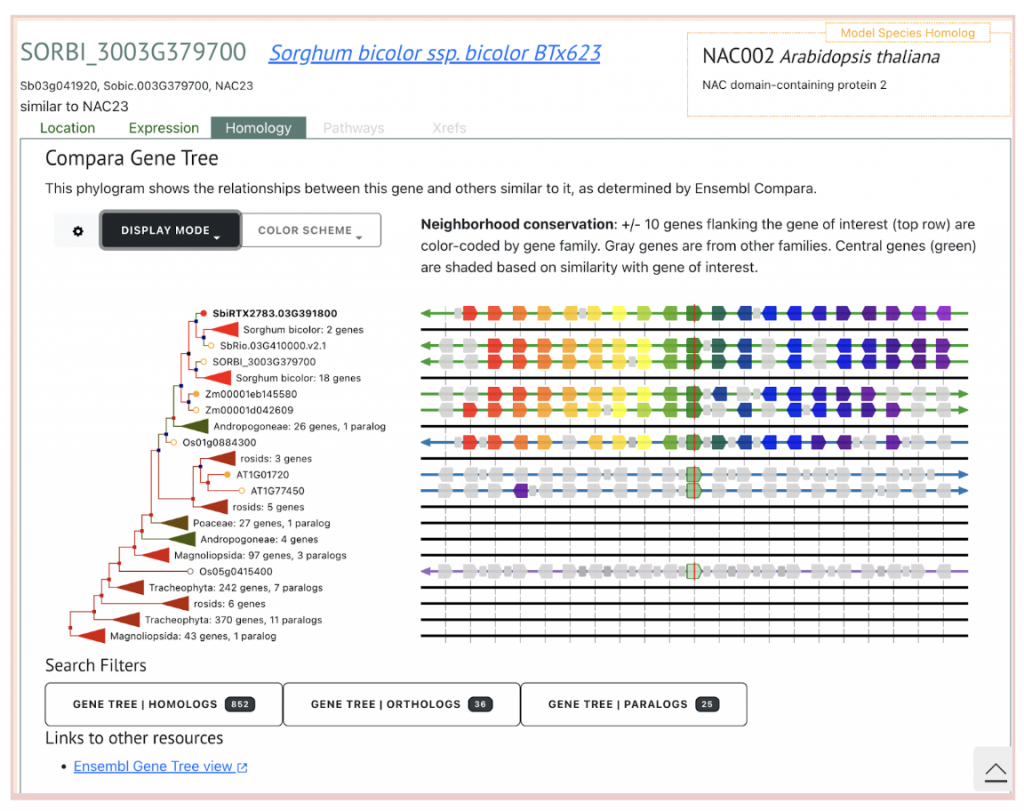Sugarcane aphid (SCA, Melanaphis sacchari Zehntner), which was first seen in Texas and Louisiana and has since spread world-wide, causes severe damage to sorghum plants as well as reduction in yield. Economically and environmentally, the best method for combating potential infestations is the use of genetically resistant plants. Researchers from the University of Oklahoma and the USDA-ARS compared a SCA resistant sorghum line (Tx2783) with a line susceptible to the aphid (BTx623) in an effort to understand the effect of phytohormones on resistance. Huang et al. determined that the aphid-resistant sorghum line infected with SCA had greater amounts of jasmonic acid (JA), salicylic acid (SA), abscisic acid (ABA), and auxins than the SCA infested susceptible line. Principal component analysis supports this finding as does the results of the RT-PCR analysis of the phytohormones-related marker genes, which shows higher phytohormones-related marker genes expression in the resistant line. These hormones are a defense signaling network; they interact as part of this pathway, with JA and ABA positively correlated and SA and auxins negatively correlated. The researchers confirmed their findings linking phytohormones and plant survival by exogenously applying SA and JA + ABA to the susceptible sorghum line and found that plant mortality, aphid number, and damage was significantly reduced.
SorghumBase example:

Reference:
Huang J, Shrestha K, Huang Y. Revealing Differential Expression of Phytohormones in Sorghum in Response to Aphid Attack Using the Metabolomics Approach. Int J Mol Sci. 2022 Nov 9;23(22):13782. PMID: 36430259. DOI: 10.3390/ijms232213782. Read more
Related Project Website:
Dr. Yinghua Huang’s page at Oklahoma State University: https://plantbio.okstate.edu/faculty/faculty/135-bios/462-yinghua-huang
